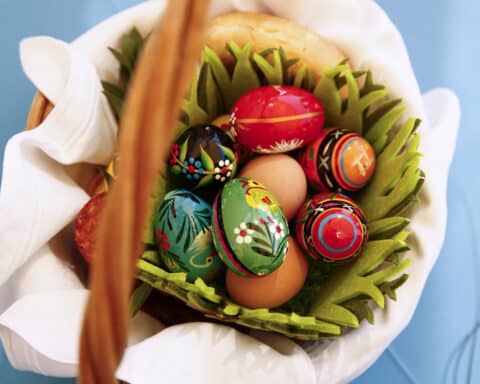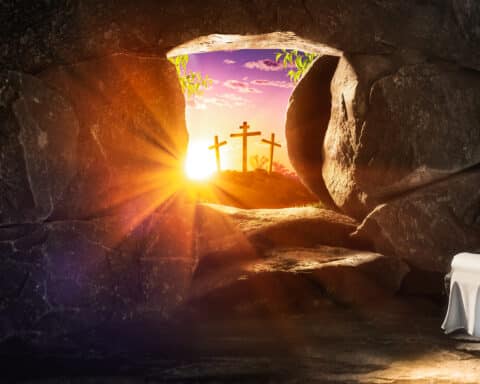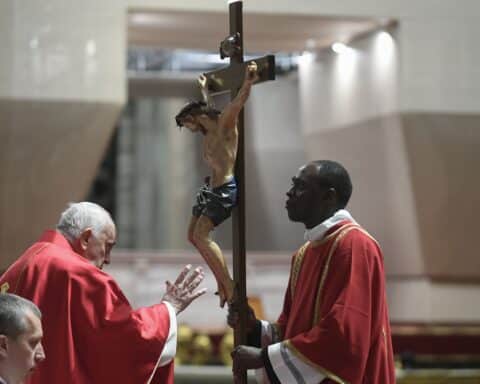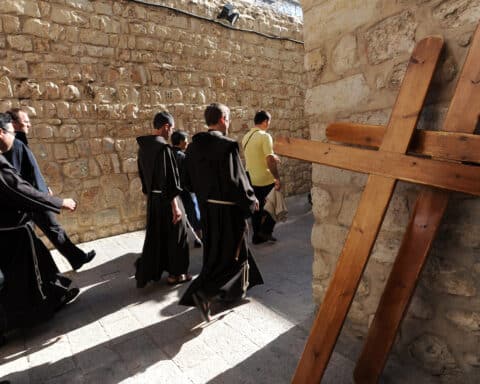REFLECT
The Russian novelist Fyodor Dostoyevsky chose John 12:24 as the epigraph for his famous novel The Brothers Karamazov. The verse, one of my favorite verses of Scripture, reads, “Amen, amen, I say to you, unless a grain of wheat falls to the ground and dies, it remains just a grain of wheat; but if it dies, it produces much fruit.” Like many epigraphs, it is a key, a nearly definitive means to understand the work. The novel is the story of three brothers and their dysfunctional relationships with their father. It’s about atheism. It’s about socialism. It’s about freedom. It’s about responding to a crisis in Russian identity. But mostly, it’s about love and the cost of love: being willing to die to yourself. As Father Zosima says in the novel, “Love in action is a harsh and dreadful thing compared with love in dreams.”
PRAY
Lord Jesus, may my Lenten sacrifices draw me closer to you and help me to grow in holiness. May your sacrifice on the cross be a reminder of your love and the path of self-denial I’m called to walk. Amen.
LIVE
Undertake a thorough examination of conscience today. In what ways are you being called to die to yourself?
This meditation first appeared in My Daily Visitor: Lent 2024. Discover Christ’s peace this Lent with free daily reflections sent to your inbox. Sign up here. Purchase the companion devotional at the OSV Catholic bookstore.




